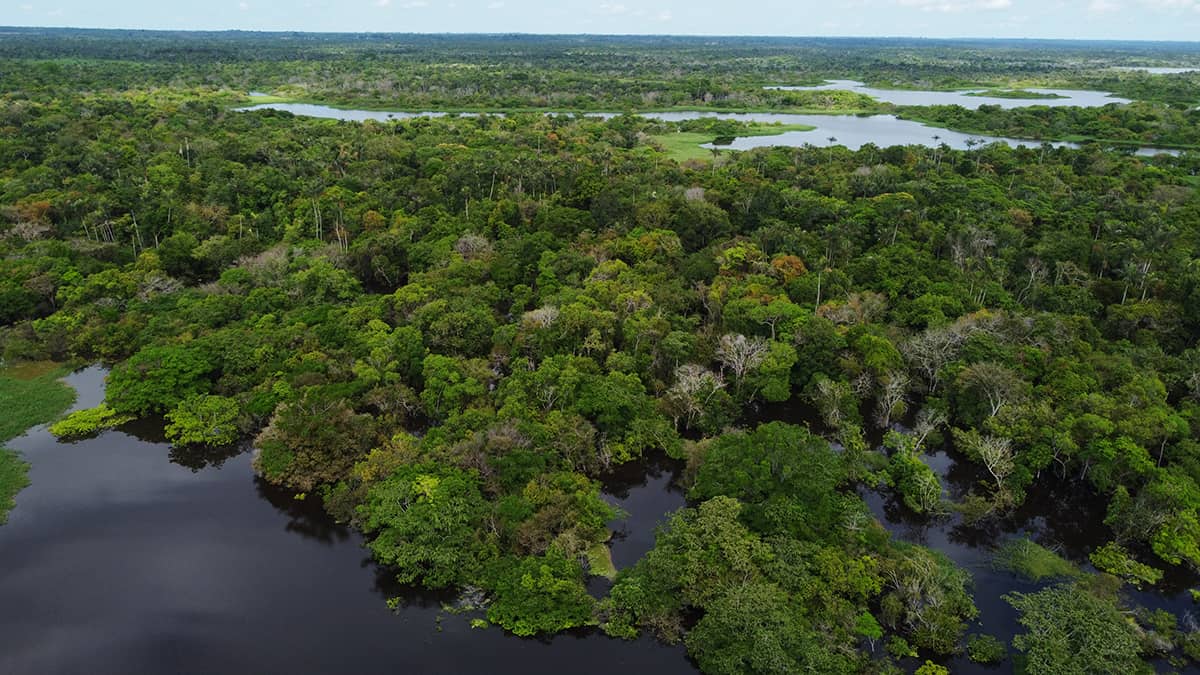The Brazilian Institute of Geography and Statistics (IBGE) published in the fifth fair (23) an unpublished study on Brazilian biodiversity as a record of the occurrence of fauna and flora in the country, based on data from the Brazilian Biodiversity Information System (SiBBr). In the second report, more than 22.5 million specimens were analyzed, making Brazil among the 17 countries that harbor more than 70% of the world’s species.
Read more:
Brazilian fauna and flora
The study is unpublished and presents data on biodiversity in Brazil in 2022. It contains more than 22.5 million records of fauna and flora from various sources, including amphibians, arthropods, birds, fungi, mammals, molluscs, bony fish, vascular plants and repeteis
This number is a country in a group of 17 nations that together account for more than 70% of the world’s known species diversity.
Therefore, secondly or IBGE, there is still much more to catalog: with a surplus of birds or the number of records with complete information was less than 30% of the total. This is because birds and plants are easier to detect and catalog.
Other groups are less representative of Brazilian biodiversity as a whole. Even for Mariza Pinheiro, an analyst from Biodiversidade do IBGE, it is a difference in this study, which works with different taxonomic groups, unlike others that only include specific sections.
Biodiversity analysis
- The data is linked to SiBBr, a platform created in 2014 by the federal government and managed by the Department of Science, Technology and Innovation. The aim is to promote nature conservation and sustainability in the country.
- According to Leonardo Bergamini, Biodiversity Analyst at IBGE, in a note to Agência Brasil, the demand for information on biodiversity is very high outside of Brazil and the institute is essential in the queue of this data.
- SiBBr information is used by IBGE to prepare statistical data such as the data presented in the report.
- For the study, the data is divided into four categories: City Science (records published by the user community), Biological Collections (repositories of organisms or specimens organized for scientific purposes), Projects or Research Programs (results of scientific research), and Other (not classified in any of the other categories ).
- However, as this is an experimental investigation, platform users and interested readers are welcome to refer to IBGE with their observations, criticisms and suggestions.

